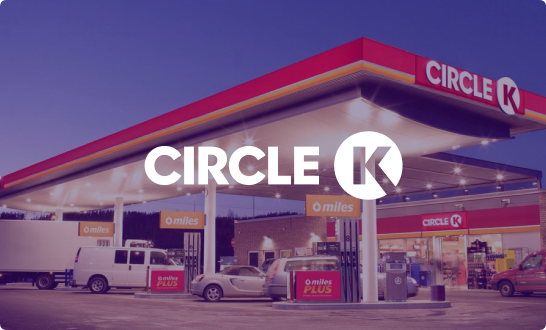Challenge
Circle K was planning a major revamp of its main app. With a new prototype ready to be launched, the company wanted to ensure it offered the best navigation experience and communication clarity, thus launched a prototype user testing study. Moreover, Circle K wanted to test the effectiveness of its new loyalty programme, and to confirm users would understand and utilise it at launch.
Solution
GetWhy tested Circle K’s prototype using the ‘Prototype User Testing’ study from its insights marketplace. To ensure the lowest level of bias on the new prototype, GetWhy evenly recruited participants between app users and non-users across different markets. GetWhy then interviewed the participants and aggregated their feedback into a set of actionable insights.
Results
The test confirmed Circle K’s doubts about its new program: most customers liked the idea but found the overall message confusing. Additionally, the test showed that customers appreciated the updated features and sections, but suggested making the app more personalised to their needs and improving the readability of the icons.
Impact
Circle K got the customer validation it needed to cut decision time by up to 50%, streamline development efforts and roll out a new app with enhanced navigation and value to its customers.




